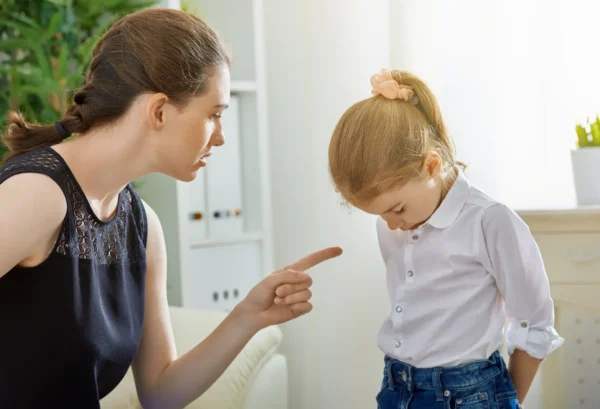
When Will Bedwetting Stop? My Doctor Said My Child Would Outgrow It!
Did your doctor say your child would outgrow bedwetting? Are you still waiting? Many parents are told bedwetting is just a phase. But as the wet nights go on, you might wonder… when will it stop, and why are we still waiting? One reason can be low levels of a hormone called ADH. ADH helps the body make less pee at night. Some kids make more ADH as they grow and stop wetting the bed. But for others, it takes longer. Learning about ADH and other reasons for bedwetting can help you find the right solution.







